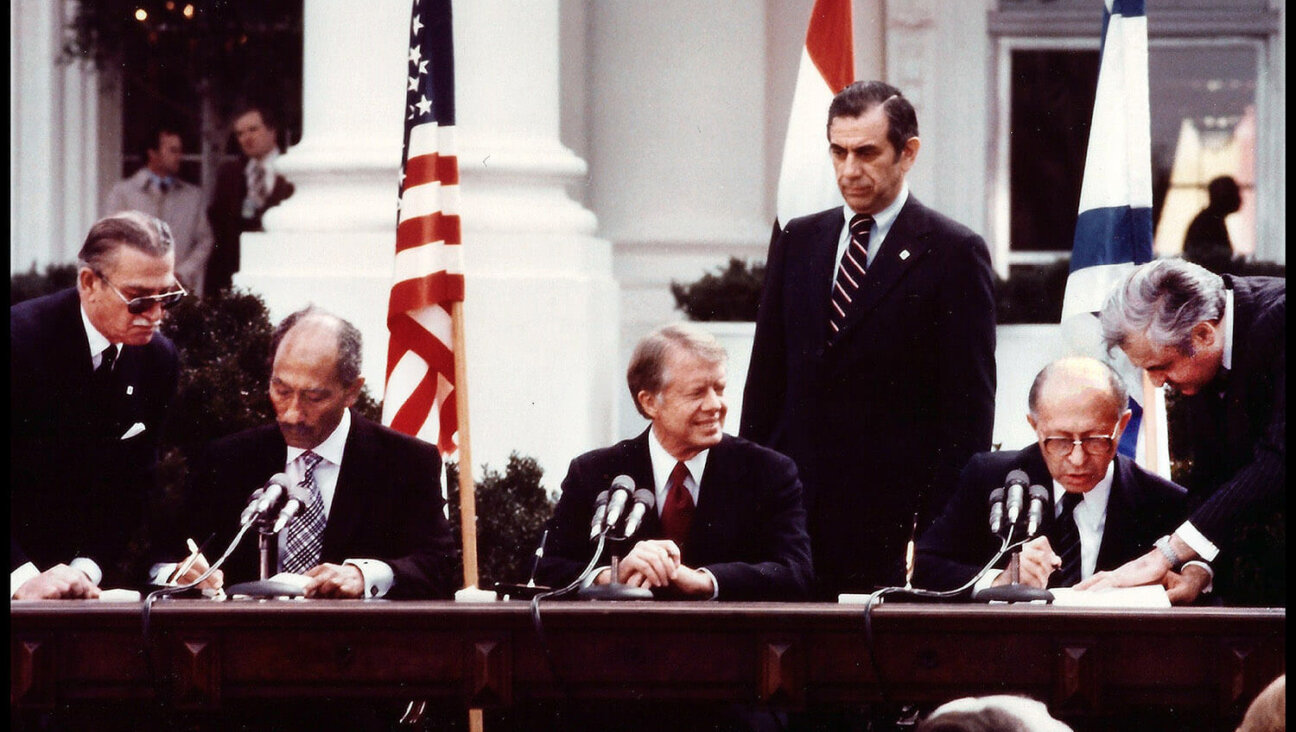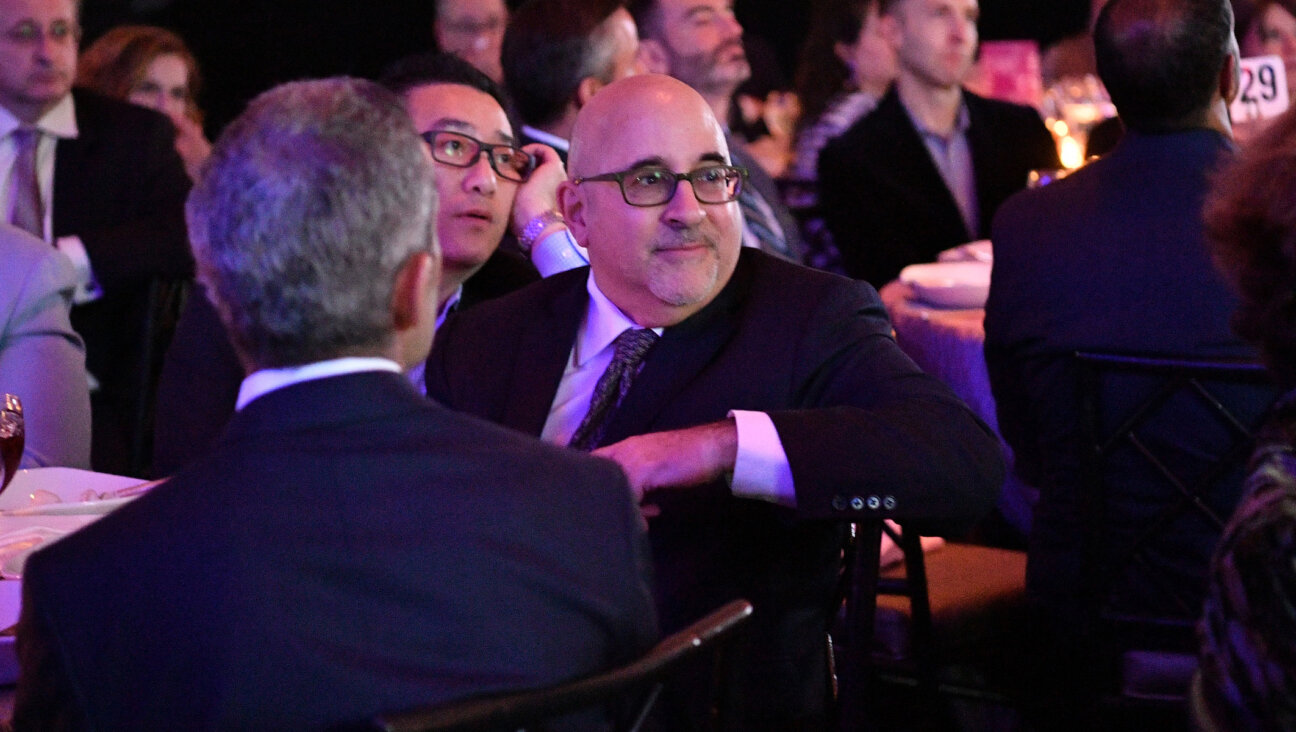Newsdesk January 31, 2003
‘Cloned Baby’ in Israel?
The head of the group that claims to have cloned humans testified under oath this week that the first clone, a baby girl known as Eve, is in Israel rather than the United States, the Associated Press reported.
Brigitte Boisselier, president of Clonaid, made the disclosure during a hearing into whether Florida should appoint a guardian for the child. The judge then threw the case out of court. Boisselier also maintained under oath that two other cloned babies have been born since Eve’s birth late last month. Clonaid has said Eve was born to American parents December 26. The others were supposedly born to parents from Japan and the Netherlands. Clonaid has offered no proof that the babies are clones or even exist.
Clonaid was founded by the man who also created the Raelian religious sect and claims life on Earth was started by extraterrestrials.
After Boisselier’s testimony, Circuit Judge John Frusciante ruled that he had no jurisdiction and threw the case out.
“You cannot pursue human cloning with impunity,” the judge told Boisselier. “All of us must not overlook the weakest among us.”
About-face on Medicaid
Under pressure from Congress, the medical community and advocacy groups, the Bush administration backed off last week from a rule it had recently issued allowing states to limit emergency health services to patients on Medicaid.
Jewish groups had expressed concern that the new policy would negatively impact tens of thousands of low-income Jews, particularly new immigrants. The administration’s about-face came after congressional staffers protested the policy and as Democrats on Capitol Hill were seeking speedy legislation that would overturn it. In his letter to congressional leaders, the administrator of the Center for Medicare and Medicaid Services, Thomas Scully, told reporters the administration was trying to defuse the controversy regarding a “rather overblown issue.”
Funding Moves Scored
The Bush administration is facing strong criticism for its intention to allow religious institutions to use federal funds to finance construction and renovation of houses of worship.
Anxious to expand federal funding of faith-based organizations, the Department of Housing and Urban Development earlier this month announced its intention to lift the ban on the use of federal grants for housing and community development — a total of $7.7 billion in 2002 — to build or rehabilitate religious structures. According to the new policy the White House intends to introduce, such use of federal dollars would be allowed as long as part of the structure built or renovated is used for secular purposes. In other words, a church could use federal funds to build a sanctuary, as long as the building also has a homeless shelter or a soup kitchen.
“This proposal actually would allow, for the first time, government funding of the ‘bricks and mortar’ construction costs of religious institutions in violation of the constitutionally mandated separation of church and state,” said Jeffrey Sinensky, general counsel of the American Jewish Committee.
Allen Plays Shul Tune
Filmmaker and clarinetist Woody Allen led his jazz quartet in a rendition of “The Old Rugged Cross” at a January 14 benefit at the Regent Wall Street Hotel for the 116-year-old Eldridge Street Synagogue on the Lower East Side of Manhattan.
The event raised a half-million dollars for the Eldridge Street Project, which is working to restore what is regarded as the first great synagogue built in the United States by Eastern European Jews.
Allen’s rare appearance at a Jewish-themed fundraiser came at the invitation of his friend, Eldridge Street Project board president Lorinda Ash Ezersky. According to Michele deMilly, one of the project organizers, Ezersky has run a number of well-known art galleries, one of which employed Soon-Yi Previn, Allen’s wife.
Allen had been expected to perform a ceremonial 20-minute set, deMilly said. “He basically got on stage and performed for 45 minutes. It was wonderful music. Two-thirds of the way through he got up to say a few words; he talked about visiting the synagogue… and he felt it was absolutely fabulous.”
A message from our Publisher & CEO Rachel Fishman Feddersen

I hope you appreciated this article. Before you go, I’d like to ask you to please support the Forward’s award-winning, nonprofit journalism so that we can be prepared for whatever news 2025 brings.
At a time when other newsrooms are closing or cutting back, the Forward has removed its paywall and invested additional resources to report on the ground from Israel and around the U.S. on the impact of the war, rising antisemitism and polarized discourse.
Readers like you make it all possible. Support our work by becoming a Forward Member and connect with our journalism and your community.
— Rachel Fishman Feddersen, Publisher and CEO























